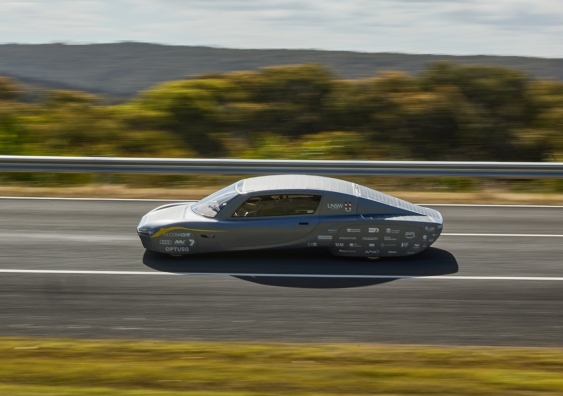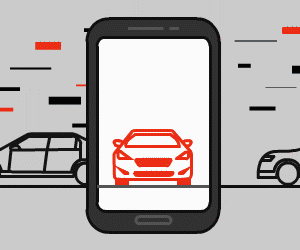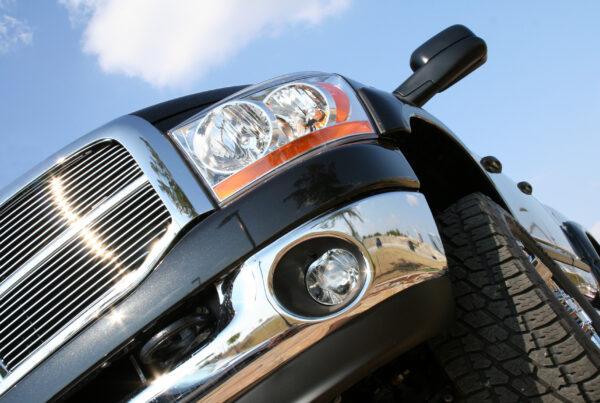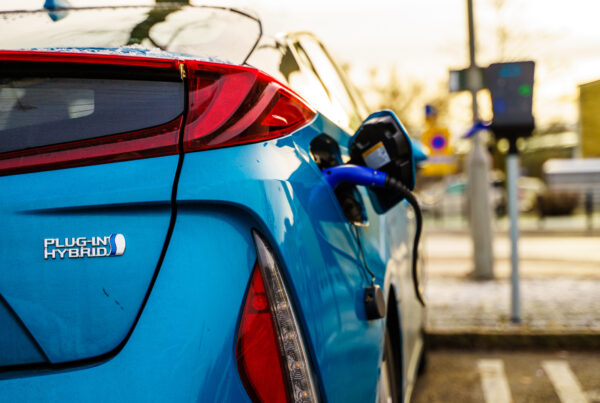A solar-powered race car created by a team from the University of New South Wales (UNSW) is now on track to be the fastest electric car to travel more than 1,000 kilometres on a single charge.
Dubbed as the Sunswift 7, travelled 1,000 km on a single charge in under 12 hours. It completed 240 laps of Victoria’s Australian Automotive Research Centre to complete the challenge (equivalent to driving Sydney to Melbourne).
Despite a battery management issue that has caused a 14-minute pit stop, the race car managed to cross the finish line with six minutes to spare.
According the team, the Sunswift 7 was originally created for the biennial Bridgestone World Solar Challenge that was cancelled due to the COVID-19 pandemic in 2021.
“It feels very weird to think that we’ve helped to make something that’s the best in the entire world,” said Sunswift team manager Andrea Holden.
“Two years ago, when we started to build this car, everything was going into lockdown and there were a lot of difficult moments.”
Promising Future for Vehicles
The Sunswift 7 is powered by a battery and solar panels on its roof and bonnet. At 500 kg, the vehicle weighs about a quarter of a standard EV and boasts a low-profile body with a drag coefficient of just .095.
While the vehicle isn’t likely to be a “production car of the future” according to former Red Bull Racing operations head UNSW Professor Richard Hopkins, its design could still provide valuable insight into designing future vehicles that are fuel-efficient.
Read related article here:
Aussie-Designed Motor Could Improve EV Driving Range
Did you find this article interesting? Give it a like by clicking the heart button above!




















